Should I Breed My Mare? Part 2: Is my mare a good candidate?
This is the second installment in our three-part series about breeding your mare. In part one we discussed whether or not a foal is right for you. If you have decided yes, then we move on to asking if your mare is a suitable candidate. Next week we will discuss the costs of breeding.
So let’s look at your mare. We need to look at her in two ways.
Does she have traits that we want to pass on?
Is she reproductively sound?
What is it about your mare that makes you want to breed her?
Is she a proven performance horse, does she have great bloodlines, does she have the temperament of a saint? You need to be objective when looking at this, which can be hard for us when we are in love with our horses. It can help to have a friend, trainer, or another breeder look at the mare for you. Study her conformation. No horse is perfect, but if your mare is one that people say “she should never be able to do what she does!” maybe she is not a great candidate as she may pass on her conformation and not her mind.
Is your mare an exceptional mare or just a good mare? This is a tough question, but to give your baby the best chance, give him or her the best parents. This is how we improve our horses as a whole.
The ideal plan is to find a stallion who will counteract the things you don’t love in your mare, and accentuate the things that you do love.
Does she have long pasterns? Look for a stallion with short ones. Is she a bit short? Look for a leggy stallion.
Does she have a lovely floaty trot? Find a stallion who does too. Breeding horses is always a gamble.
You can breed two world champions together and get a three-legged dog, but if you breed two three-legged dogs together you are unlikely to get a world champion.
Is your mare sound? I get real nervous when people tell me there mare went lame at age 4 so they are just going to breed her. Breed the mares who stayed sound and we will have fewer lame horses in the future. The best advice I ever heard was to breed the best to the best and hope for the best.
Now let’s look at your mare from a purely reproductive standpoint.
Has she had a foal before and how old is she? When clients call to discuss breeding their mare these are the first two questions I ask, because it has the most impact on how likely she will get in foal. Mares over the age of 9 or 10 when they are bred for the first time are harder to get in foal as their cervix does not relax as well and they are more likely to retain fluid. Now I am not saying they are impossible to get in foal, but it will take more work and therefore cost more. A mare who has not had a foal in the last 6 or 7 years is very similar.
A mare who has been bred on a regular basis will be easier to get pregnant, but any mare heading into her late teens and early 20’s is going to be more challenging. Mares do not enter menopause like humans do, but they do have age-related changes to their reproductive tract. A mare’s eggs are created when she is in her mother’s uterus, no new ones come along later. So a 23-year-old mare has 23-year-old eggs. Older mares have a higher incidence of early pregnancy loss, which we think may be related to this. The lining of the mare’s uterus is essential to nourish an early pregnancy. Over time and with repeated use this lining will become damaged, giving us overall lower success rates with these mares.
Older mares can also have some conformation changes in their perineal region that make it harder for their uterus to stay clean of infection. Again these can be managed, as can the infections, but it can be harder and it will add to the costs. The best way to decide if your mare is reproductively sound is to do a breeding soundness exam. This includes an ultrasound of her reproductive tract, an evaluation of her perineal conformation, a culture of her uterus, and depending on her history a biopsy of her uterine lining.
So now your head is absolutely swimming with information and possibly more questions than answers. Take some time to think about it, and join us next week for our last installment in the series: “Can I afford to do this?”

